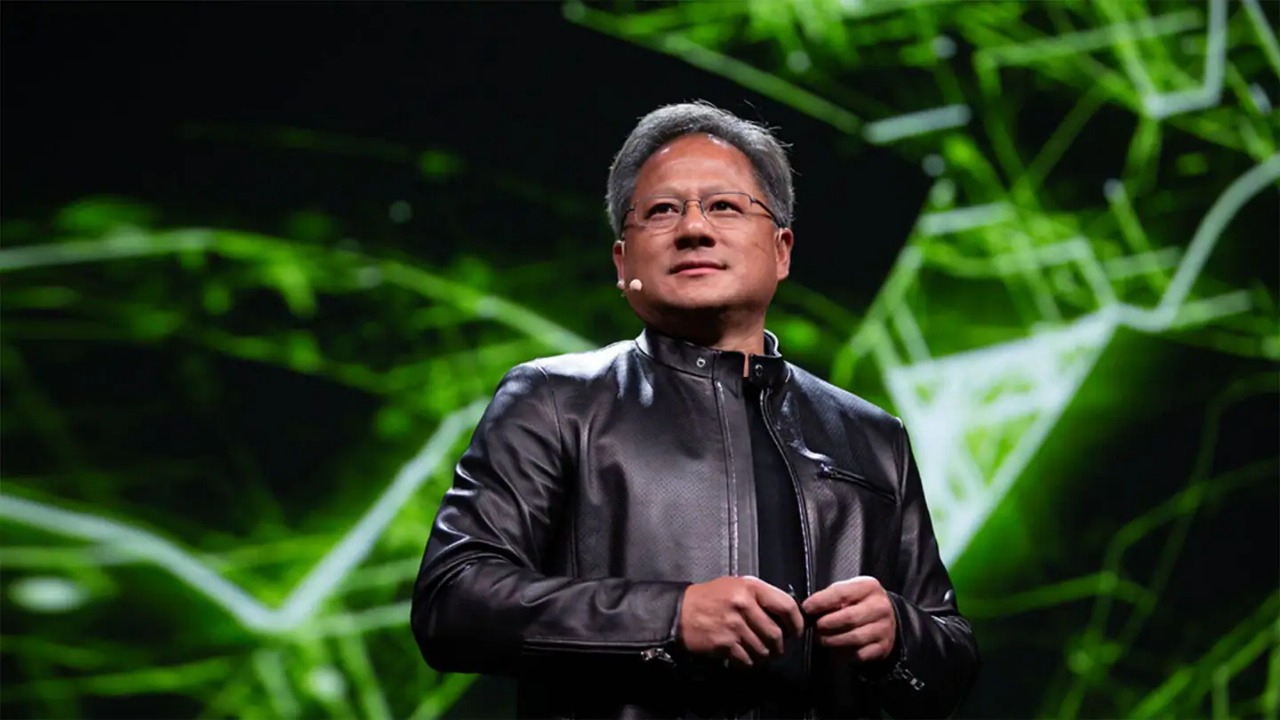In a rare display of hands-on leadership, Nvidia CEO Jensen Huang has revealed that he personally reviews the compensation of every single one of the company’s 42,000 employees—every month. The revelation, made during an AI-focused panel on the All-In podcast, has sparked widespread admiration and curiosity across the tech world. Huang’s approach blends machine learning, transparency, and a people-first philosophy that’s helping Nvidia retain top talent and redefine executive management.
A CEO’s Unusual Routine
Despite leading one of the world’s most valuable tech companies, Huang finds time to comb through salary data for every employee. He uses advanced machine learning tools to streamline the process, but the final decisions rest with him.
Key highlights:
- Huang reviews recommended compensation for all employees at the end of every cycle
- He personally sorts through salary data for 42,000 staff members
- Every time, he increases Nvidia’s operational expenditure to ensure competitive pay
Huang’s belief is simple: if you take care of people, everything else takes care of itself. This philosophy has helped Nvidia build a loyal, high-performing workforce that’s driving innovation in AI, graphics, and chip design.
Millionaire Employees and Billionaire Executives
Nvidia’s compensation strategy isn’t just generous—it’s transformative. A recent internal survey revealed that 78 percent of Nvidia employees are now millionaires, with nearly half worth over 25 million dollars. Much of this wealth comes from the company’s stock purchase program, which allows employees to buy shares at a 15 percent discount.
Key takeaways:
- Nvidia’s stock has surged over 3,800 percent since 2019
- Employees benefit from equity-based compensation and long-term wealth creation
- Three board members recently joined the billionaire club due to stock gains
Huang himself debuted on Forbes’s list of the world’s top 10 richest individuals last year, but he insists that his goal is to reward all employees—not just those at the top.
Compensation as a Strategy for Innovation
Huang’s salary review process isn’t just about fairness—it’s about fueling innovation. He believes that well-paid, well-respected employees are more likely to produce groundbreaking work. This is especially critical in fields like AI, where competition for talent is fierce.
Examples cited by Huang:
- OpenAI, which started with just 150 researchers, became a global AI leader
- China’s DeepSeek, with a similarly lean team, is making major strides in AI
- Huang argues that small, well-funded teams can create wonders if given the right infrastructure
His comments reflect a broader strategy: invest in people, and they’ll build the future.
Why This Matters in Today’s Tech Landscape
In an industry where burnout, job-hopping, and pay disparity are common, Huang’s approach stands out. By personally reviewing salaries and ensuring transparency, he’s sending a powerful message: every employee matters.
Implications for the tech world:
- Salary transparency builds trust and loyalty
- Hands-on leadership can improve retention and morale
- Fair compensation is directly linked to productivity and innovation
Industry analysts suggest that Huang’s model could inspire other tech CEOs to rethink their compensation strategies—especially as the race for AI talent intensifies.
Final Thoughts: Leading With Empathy and Data
Jensen Huang’s monthly salary review isn’t just a quirky habit—it’s a strategic move that blends empathy with data-driven decision-making. In a company where nearly 80 percent of employees are millionaires, it’s clear that this approach is working.
As Nvidia continues its meteoric rise, Huang’s people-first philosophy may become a blueprint for leadership in the age of AI—where the most valuable asset isn’t just technology, but the humans behind it.
Sources: MSN Money, The Hans India, Hindustan Times, TechGig, Times of India

